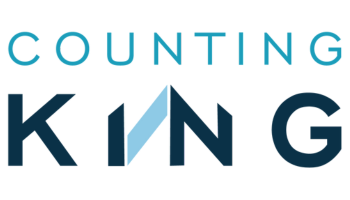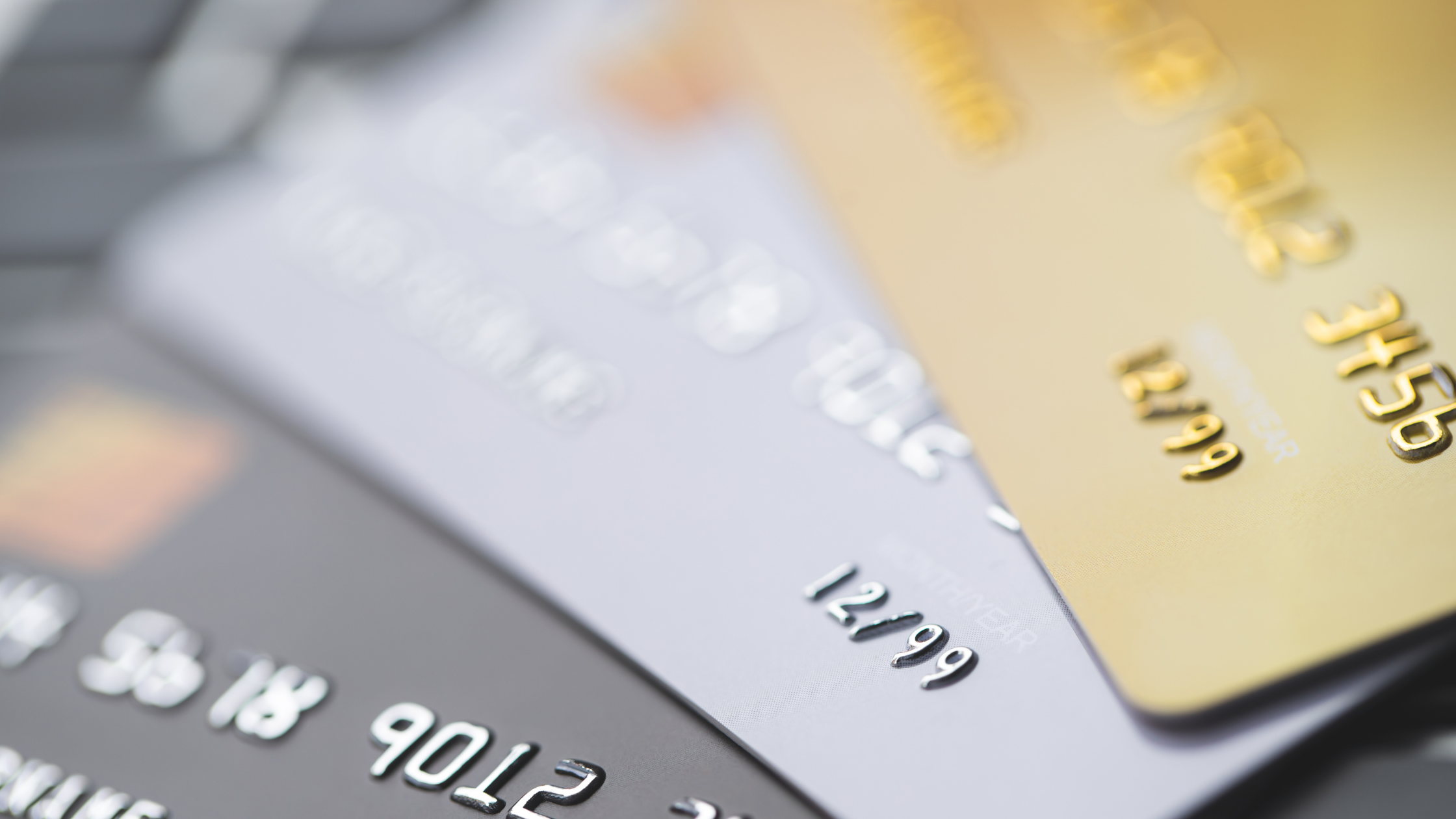In our latest blog we are talking about credit card default, what it is and the impact it has on you. We also delve into the consequences and what you can do to help yourself if you are in this position.
Credit card default explained
Credit card default is something none of us want to experience and should try to avoid at all costs. It happens when a cardholder fails to make the required minimum monthly payments on their credit card account over a certain extended period of time. In most cases, this is typically around six months or more.
Essentially, credit card default is a breach of the agreement between the cardholder and the credit card issuer (i.e., the bank).
Number of people who default on their credit cards
According to the Financial Conduct Authority, approximately two million cardholders, equivalent to 6.9% of the total, were in a state of arrears or default in 2016. Additionally, there were an additional two million individuals who consistently carried outstanding debt on their credit cards, along with an additional 1.6 million who regularly made only minimum repayments.
In the years leading up to 2023, there has been an increase in this number, with a surge in 2023 as retail credit has grown.
Consequences of credit card default
- Can result in late fees and increased interest rates – One of the most common consequences is that a credit card issuer will charge certain penalties, such as late fees, and significantly increase the interest rates on the outstanding balance.
- Damage to credit score – Defaulting on a credit card can severely damage your credit score. This can impact your ability to borrow money in the future. For instance, if you wish to take out a loan or a mortgage, you may find it hard to do so.
- Collection agencies – This is when it gets very serious. If no payment has been made after a certain length of time, the issuer may sell the debt to a collection agency, which will pursue repayment more aggressively by sending debt collectors to your home.
- Legal action – Although rarer, legal action can be taken in extreme cases. This is so the credit card issuer can recover the debt, which can potentially result in wage garnishment or asset seizure.
What to do if you default
If you default on your credit card, I recommend you contact the card issuer as soon as possible. Speak with the company and discuss your current situation. They should talk you through your options. If possible, ask if they can provide you with temporary relief. If it’s the first time, they should be more lenient.
You should also create a repayment plan. Start by working out a budget plan, and then work on catching up on any missed payments.
It’s easier said than done but try your best to avoid any further debt. You can start by stopping the use of your credit card until you’ve resolved the default situation.
Signs of credit card default
Signs to look out for include:
- Persistent late payments
- Maxing out your credit limit
- Relying on credit to pay bills
- Ignoring collection calls or letters
Talk with a financial advisor or the card issuer if you feel you’re going down this route.
How to avoid credit card default
To avoid credit card default, consult with your issuer early on (as soon as there are any signs of default). As said above, create a budget plan, and seek financial advice if needed.
To prevent you from going into credit card default, use the steps mentioned above, but also create an emergency fund. Also, only use credit when necessary and regularly review your financial situation. From here, you can work on adjusting your spending accordingly.
Duration of credit card default consequences
The impact of credit card default can last several years. Remember, your credit report will suffer. Late payments and defaults can stay on your credit report for up to seven years, or more. This can negatively affect your creditworthiness during this time. However, with responsible financial management, such as repayment plans, you can gradually rebuild your credit.
ABOUT COUNTING KING
Counting King is a national tax and funding practice that helps companies with their cash flow by sourcing grants, utilising government tax incentives or finance options such as business loans and more to help them scale and grow!
We focus on innovative companies who are seeking to expand and disrupt their respective industries which in turn will help the UK become a global leader and strengthen our economy.
If you would like advice from one of our specialists, please contact us via email at info@countingking.co.uk or call us on 0800 8100 030.

